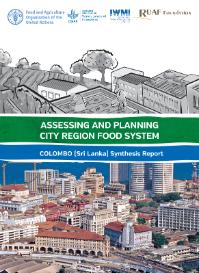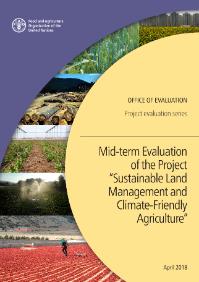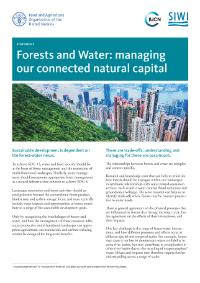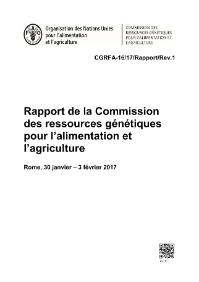Focal point
Location
The Food and Agriculture Organization of the United Nations leads international efforts to defeat hunger. Serving both developed and developing countries, FAO acts as a neutral forum where all nations meet as equals to negotiate agreements and debate policy. FAO is also a source of knowledge and information. We help developing countries and countries in transition modernize and improve agriculture, forestry and fisheries practices and ensure good nutrition for all. Since our founding in 1945, we have focused special attention on developing rural areas, home to 70 percent of the world's poor and hungry people.
Members:
Resources
Displaying 331 - 335 of 5074L'initiative 1 million de citernes pour le Sahel
Au Sahel, le changement climatique accentue l’irrégularité des pluies et les chocs climatiques, tels que les sécheresses répétées et les inondations. Les conséquences sont désastreuses pour les ménages ruraux les plus pauvres, qui peinent à y faire face et voient leur vulnérabilité s’accentuer. Les femmes sont généralement les plus touchées. La gestion efficace et durable des ressources en eau est plus que jamais une priorité pour améliorer la résilience des communautés vulnérables.
Assessing and Planning City Region Food System Colombo (Sri Lanka) Synthesis Report
This report is the result of the implementation of an assessment methodology for Colombo and its city region food system (CRFS).
Mid-term Evaluation of the Project “Sustainable Land Management and Climate-Friendly Agriculture”
The “Sustainable Land Management and Climate-Friendly Agriculture” Project was implemented in Turkey to improve the sustainability of agricultural and forest land use in the area by rehabilitating degraded forests and rangelands, promoting climate-smart agriculture and establishing a favourable enabling environment. The project was designed to develop the necessary strategies, plans, tools and mechanisms that will aid stakeholders in sustainably managing forest and land resources.
Forests and Water: managing our connected natural capital
The forest-water nexus is crucial for ensuring water and food security, as well as for achieving sustainable development objectives. Only by recognising the interlinkages of forests and water, and how the management of these resources influences productive multi-functional landscapes can appropriate long-term benefits from landscape planning and management be actualized. And while it is important that generalized assumptions about the forest-water nexus are not widely applied due to their complex and context specific nature, the knowledge is available to lend guidance.
Rapport de la Commission des ressources génétiques pour l’alimentation et l’agriculture - CGRFA-16/17/Rapport/Rev.1
Meeting Name: Commission on Genetic Resources for Food and Agriculture (CGRFA)
Meeting symbol/code: CGRFA-16/17/Rapport/Rev.1











